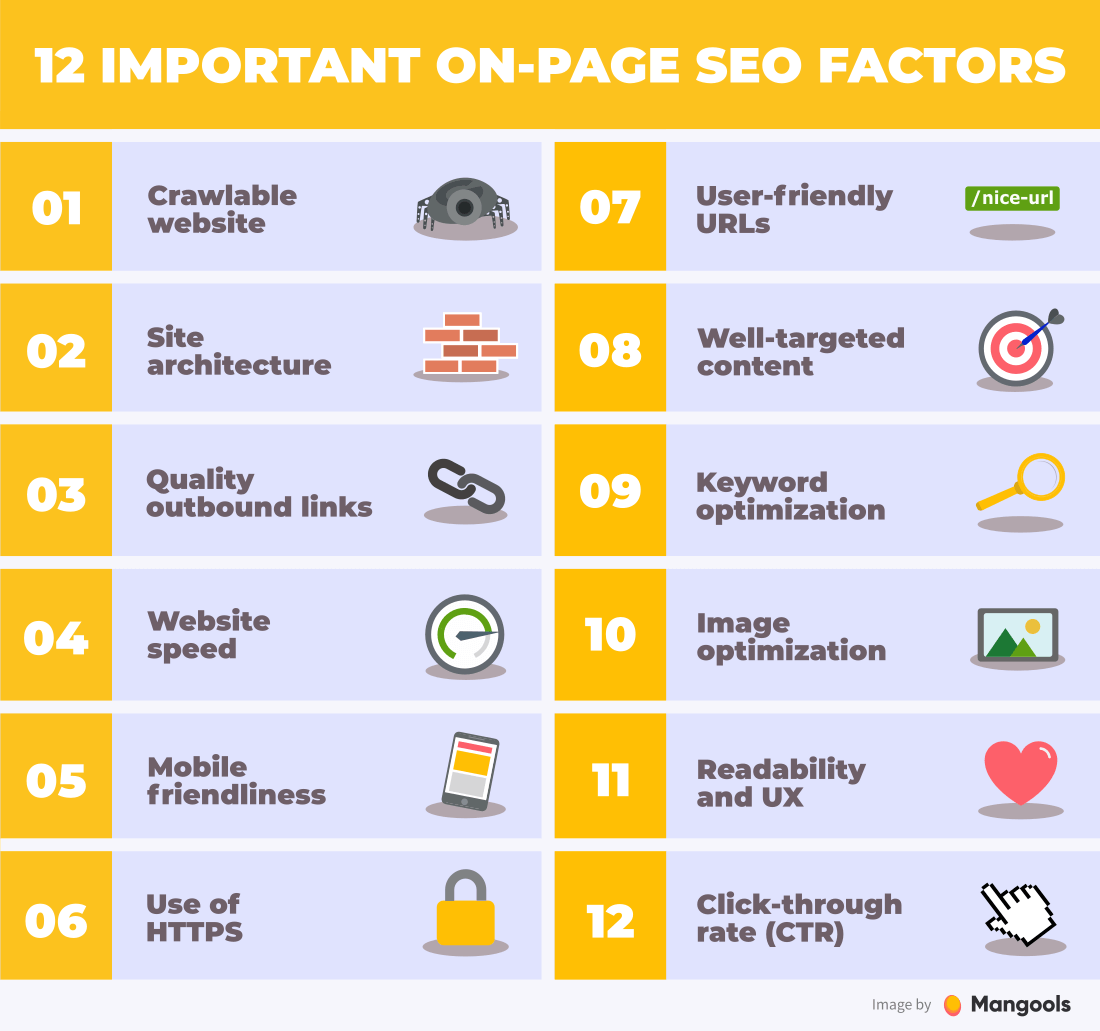Unlocking the Power of SEO and SMO: Maximising Your Digital Presence
The Power of SEO and SMO in Digital Marketing
In the realm of digital marketing, two crucial acronyms dominate the landscape: SEO (Search Engine Optimization) and SMO (Social Media Optimization). While both strategies aim to enhance online visibility and drive traffic to websites, each plays a distinct role in achieving these goals.
SEO: Enhancing Search Engine Visibility
SEO is the practice of optimising a website’s content and structure to rank higher on search engine results pages (SERPs). By strategically incorporating relevant keywords, improving site speed, enhancing user experience, and building quality backlinks, businesses can increase their organic traffic and attract potential customers actively searching for their products or services.
Effective SEO involves continuous monitoring of search engine algorithms, keyword research, on-page optimization, and off-page strategies such as link building. By staying abreast of industry trends and best practices, businesses can climb the SERP rankings and outperform competitors in the digital arena.
SMO: Leveraging Social Media Platforms
SMO focuses on leveraging social media platforms to increase brand visibility and engage with target audiences. By creating compelling content, fostering relationships with followers, and encouraging social sharing, businesses can amplify their online presence beyond traditional search engines.
Social media platforms such as Facebook, Twitter, Instagram, LinkedIn, and Pinterest offer unique opportunities to showcase products or services, interact with customers in real-time, and drive website traffic through shared links. SMO strategies encompass creating shareable content, engaging with followers through comments and messages, running targeted ad campaigns, and analysing performance metrics to refine future strategies.
The Synergy Between SEO and SMO
While SEO focuses on improving search engine rankings and organic traffic acquisition, SMO complements these efforts by expanding brand reach through social channels. When combined effectively, SEO and SMO create a powerful synergy that maximises online visibility across multiple digital touchpoints.
Businesses that integrate SEO-optimised content with shareable social media posts can benefit from increased brand awareness, higher website traffic volumes, enhanced customer engagement levels, and ultimately improved conversion rates. By aligning SEO keywords with social media hashtags and trends, businesses can create a cohesive digital marketing strategy that resonates with their target audience.
In Conclusion
SEO and SMO are indispensable tools in the digital marketer’s arsenal. By understanding the unique roles each strategy plays in enhancing online visibility and driving traffic to websites or social media profiles businesses can craft comprehensive digital marketing campaigns that deliver tangible results.
Top 6 Tips for Enhancing Your SEO and SMO Strategies
SEO
SEO (Search Engine Optimization) is a fundamental aspect of digital marketing that focuses on improving a website’s visibility on search engine results pages. By implementing strategic techniques such as keyword research, on-page optimization, and link building, businesses can enhance their organic search rankings and attract targeted traffic. Effective SEO practices not only increase a website’s chances of being discovered by potential customers but also establish credibility and authority within the online landscape.
SEO
Search Engine Optimization (SEO) is a fundamental aspect of digital marketing that focuses on enhancing a website’s visibility on search engine results pages. By strategically incorporating relevant keywords, improving site structure, and building quality backlinks, businesses can increase their organic traffic and attract potential customers actively searching for their products or services. Effective SEO involves continuous monitoring of search engine algorithms and best practices to stay ahead of the competition in the online landscape.
SEO
Search Engine Optimization (SEO) is a fundamental aspect of digital marketing that focuses on enhancing a website’s visibility on search engine results pages. By strategically incorporating relevant keywords, improving site structure, and building quality backlinks, businesses can attract organic traffic and reach potential customers actively searching for their products or services. Effective SEO practices involve continuous monitoring of search engine algorithms and implementing on-page and off-page optimization strategies to improve rankings and outperform competitors in the digital landscape.
SMO
Social Media Optimization (SMO) is a key component of digital marketing strategies aimed at enhancing brand visibility and engagement on social media platforms. By creating compelling content, fostering relationships with followers, and encouraging social sharing, businesses can leverage the power of SMO to expand their online presence beyond search engines. Through targeted ad campaigns, interactive posts, and real-time customer interactions, SMO enables businesses to connect with their audience in a more personal and engaging manner, ultimately driving traffic to their website and increasing brand awareness.
SMO
Social Media Optimization (SMO) is a vital component of any comprehensive digital marketing strategy. By harnessing the power of social media platforms such as Facebook, Twitter, and Instagram, businesses can engage with their target audience on a more personal level, foster brand loyalty, and drive traffic to their websites. SMO involves creating shareable content, interacting with followers through comments and messages, and leveraging social advertising to reach a wider audience. By integrating SMO tactics alongside SEO efforts, businesses can maximise their online visibility and establish a strong presence across various digital channels.
SMO
Social Media Optimization (SMO) is a vital component of any comprehensive digital marketing strategy. By leveraging the power of social media platforms such as Facebook, Twitter, and Instagram, businesses can enhance their online visibility, engage with their target audience, and drive traffic to their websites. SMO involves creating engaging content, interacting with followers, running targeted ad campaigns, and analysing performance metrics to refine strategies. A well-executed SMO strategy not only boosts brand awareness but also fosters meaningful connections with customers in the dynamic realm of social media.









